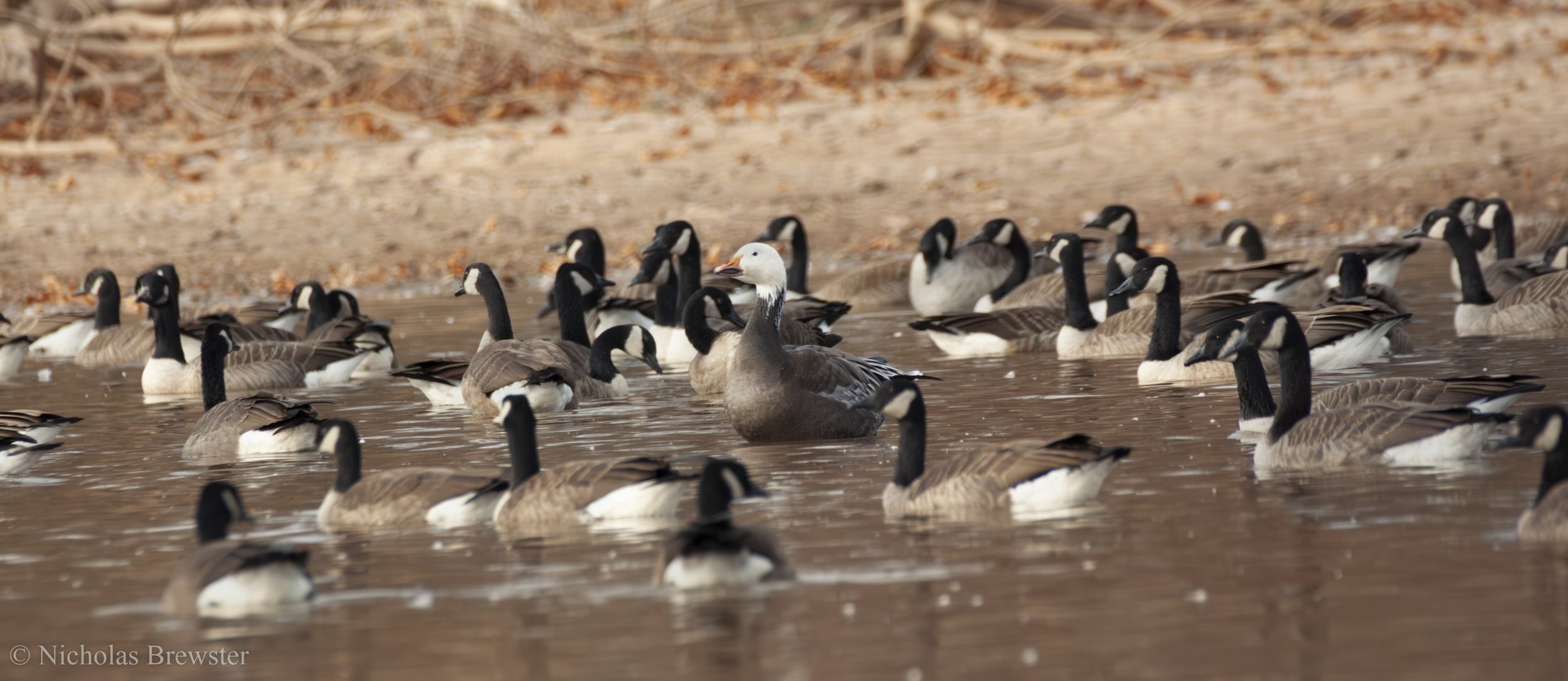
Highly Pathogenic Avian Influenza
Due to the recent outbreak and spread of Highly Pathogenic Avian Influenza (HPAI) in Pennsylvania and our neighboring states, we wanted to remind everyone of our policies regarding birds and what do to if you find sick or injured birds. HPAI is a H5N1 virus that occurs primarily in wild birds and is typically fatal to them. If contracted it presents as neurological symptoms in the infected bird; however, some birds may also be asymptomatic carriers. In addition to wild birds, domestic poultry and other livestock, such as cows, are susceptible to the virus. Wild carnivores, such as foxes, are also at risk due to consuming deceased birds that they find. Likewise, our domestic carnivores (dogs, cats, and ferrets) are also susceptible; cats in particular being highly susceptible to the virus, which can be fatal to them if contracted. While the risk for humans is currently considered low, the virus can be transmitted to people from sick or deceased birds and several cases of hospitalization and a death in Louisiana have occurred recently.
While all bird species are susceptible to HPAI, waterfowl are the primary vector, with most of the recent cases being snow geese and Canada geese. Raptors such as bald eagles, great horned owls, and vultures and corvids (crows and ravens) are also highly at risk due to them either being predators of waterfowl or scavenging deceased birds. Likewise, other water birds/shore birds and game birds are at risk due to their proximity to and association with waterfowl. Based on recommendations by the Pennsylvania Game Commission and our own policies to ensure the health and wellbeing of our other patients and our resident animal ambassadors, we are not accepting the following bird species...
Waterfowl (Ducks, Geese, & Swans)
Domestic Poultry (Chickens, Domestic Turkeys, Coturnix/Japanese Quail, etc.)
Non-native/Pen-raised Gamebirds (Pheasants, Chukar, Bobwhite Quail, etc.)
Feral and Fancy Pigeons
At this time, we are currently still accepting raptors, corvids, native game birds (wild turkey, grouse, etc.), and other water/shore birds (gulls, herons, loons, etc.). These birds are handled upon admission with proper PPE and tested for HPAI. If you find and are bringing us one of these bird species, please contact us ahead of time to let us know so we can prepare for its arrival to our clinic.
To prevent the spread and potential transmission of HPAI to domestic animals and humans, be sure to do the following.
Do not handle any deceased birds you find or bird dropping, especially waterfowl, and please report any sick or deceased geese to the Pennsylvania Game Commission.
Do not allow domestic poultry, waterfowl, and pet birds, or pets in general, to come in contact with wild birds or their droppings.
Do not consume yourself or allow pets to consume *raw* milk, eggs, beef, or poultry. Pasteurization and proper cooking practices kill the virus.
Regularly clean and disinfect bird feeders or completely take them down if you are concerned. Songbirds and other feeder birds, while capable of contracting HPAI, are not considered high risk species at this point in time.
Thank you for your cooperation and helping prevent the spread!




